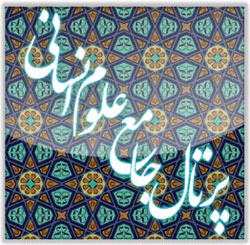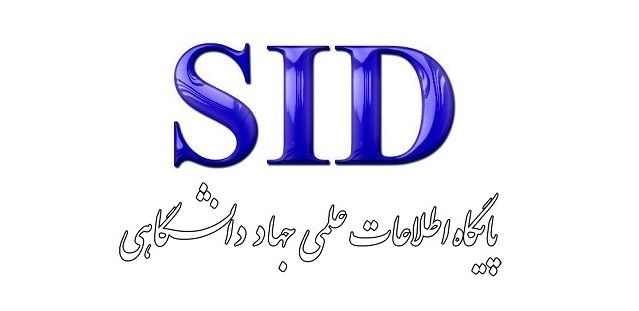The Impact of the Iranian Islamic Revolution on the Domestic Policies of Middle Eastern Countries
Keywords:
Iranian Islamic Revolution, domestic politics, export of revolution, Middle East, religious identity, regime security, Islamic discourseAbstract
The Islamic Revolution of Iran in 1979 not only transformed the country’s internal political structure but also emerged as a radical, religious, and anti-hegemonic discourse that significantly impacted the domestic politics of Middle Eastern states. This article, employing a historical-analytical method and drawing on authoritative sources, investigates the direct and indirect reverberations of the Islamic Revolution in five Arab countries: Saudi Arabia, Bahrain, Iraq, Lebanon, and Egypt. The findings indicate that the intensity and nature of these impacts were contingent upon variables such as religious demography, type of governance, degree of dependence on the West, and sectarian-ethnic configurations. In countries with active Shi’a populations, the Revolution functioned as a model for political and identity-based resistance against prevailing regimes, leading to the empowerment or emergence of Islamic opposition forces. Conversely, centralized secular or monarchic governments adopted ideological and security-oriented strategies to suppress or neutralize the revolutionary discourse. The Islamic Republic’s official strategy of exporting the revolution also played a central role in shaping regional responses and was pursued through media, cultural institutions, and ideological diplomacy. Ultimately, the study concludes that the Iranian Revolution acted in some cases as a catalyst for internal transformation, and in others as a pretext for repression and the reinforcement of political authority. Future studies are recommended to explore the evolving dynamics of the revolutionary discourse in the digital era and in the aftermath of the Arab uprisings.
Downloads
References
Abrahamian, E. (2008). A History of Modern Iran. Cambridge University Press.
Buchta, W. (2000). Who Rules Iran? The Structure of Power in the Islamic Republic. The Washington Institute for Near East Policy.
Dawisha, A. (1993). Islamic Fundamentalism and the Gulf Crisis. In Adeed Dawisha (Ed.), Islam in Foreign Policy (pp. 122-141). Cambridge University Press.
Gause, F. G. (2009). The International Relations of the Persian Gulf. Cambridge University Press.
Hiro, D. (1985). Iran under the Ayatollahs. Routledge.
Karsh, E. (2002). The Iran–Iraq War: 1980–1988. Osprey Publishing.
Keddie, N. R. (2006). Modern Iran: Roots and Results of









